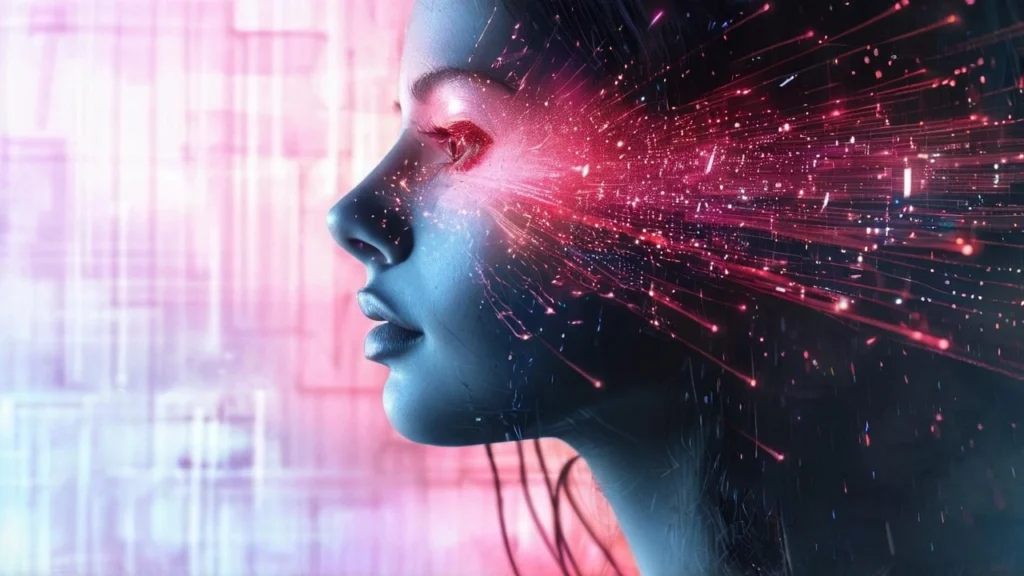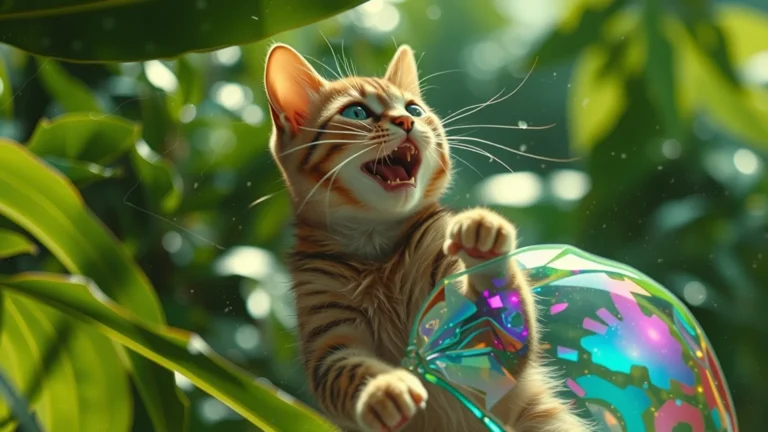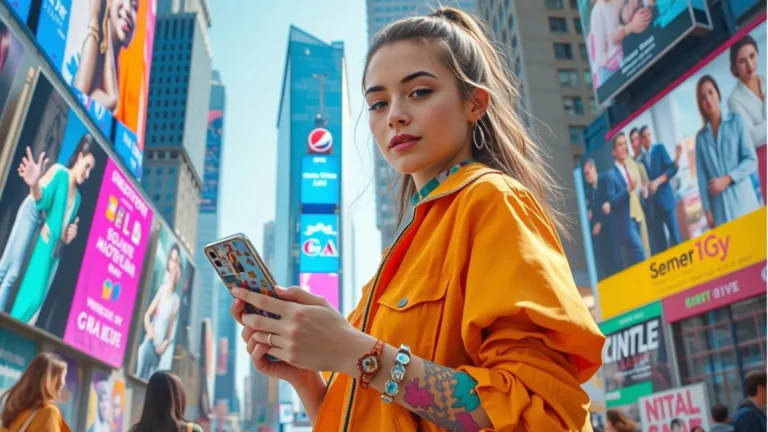Internet Chicks: A 21st-Century Phenomenon Shaped by Social Media and Celebrity Culture
The digital revolution of the 21st century has reshaped how we view culture, identity, and celebrity, blending the physical and virtual worlds. Culture is now a global, collaborative effort, while identity has become fluid and multifaceted, shaped by online interactions. Meanwhile, the rise of social media has democratized fame, turning ordinary individuals into influencers and redefining what it means to be a celebrity in the digital age.

They are mostly young women who develop online, heavily curatorial personas that look up to celebrities, pop culture, and social trends for inspiration. They are trailblazers, trendsetters, and micro-celebrities within their own niches, wielding significant influence through their vibrant presence on platforms like Instagram, TikTok, and YouTube. These digital creators don’t just follow trends—they shape them, resonating with audiences on a deeper level that transcends mere popularity.
Their content often reflects broader cultural shifts, personal authenticity, or innovative ideas, making them more than just fleeting online sensations. In a world dominated by digital interactions, they have carved out spaces where creativity, connection, and influence intersect, redefining what it means to be impactful in the age of social media. She epitomizes the cultural shift toward a self-branding digital celebrity, a world in which reality and fantasy have become blurred by aspiration. This is an article exploring the Internet Chick phenomenon as unique to the 21st century.
The Origins of the Internet Chick Phenomenon
The internet chick exists because of the collision of two strong forces:
- Celebrity culture: Celebrities have always fueled the imagination and aspirations of humanity. Before the world reached the digital age, it interacted with celebrities through movies, television shows, and glossy magazine spreads. Such interactions were limited and largely one-way, offering only a distant view of celebrity lifestyles.
- Social media: social media changed this. Sites such as Instagram and Twitter provide celebrities with a direct pipeline to their fans, allowing them to give the public glimpses of their private lives. This seeming closeness fostered a connection, making fans close to their idols. It also set the blueprint for the rise of “internet chicks,” who began emulating the aesthetics, attitudes, and lifestyles of their favorite celebrities, blending aspiration with accessibility. At the same time, social media opened up new avenues for ordinary individuals to gain visibility and build their own platforms. The emergence of influencers—everyday people who amassed massive followings through their unique content—proved that fame no longer required the backing of traditional media or industry gatekeepers. The “internet chick” phenomenon grew from this fusion, embodying the glamour and allure of celebrity culture while maintaining the authenticity and relatability that resonated with audiences. This shift redefined the pathways to influence, making it possible for anyone with a smartphone and a compelling story to capture the spotlight.
Defining the Internet Chick
The online chick is an artfully constructed identity on the internet. She’s a combination of glamour, relatability, and digital clarity and typically represents some sort of idealized life. Among details that vary, some commonalities are found:
Aesthetic Mastery
Internet chicks are masters of visual storytelling. The aesthetics of their posts to social media are so carefully produced that each post maintains aesthetic cohesiveness. If it is a boho-chic, minimalist luxury, or ultra-glamorous look, the internet chick knows how to use style to create a visual brand.
Celebrity-Inspired Identity
So many internet chicks draw inspiration from celebrities. From bold Kylie Jenner’s makeup to effortless Bella Hadid’s street style, they begin adapting and personalizing trends set by the stars. This makes the affinity toward them to be aspirational by connection to celebrity culture.
Relatability with a Twist
Traditional celebrities do not typically present themselves as being just like us. Internet chicks often share some glimpses into their daily routines, struggles, and behind-the-scenes moments. However, this relativeness is measured so that she will be both enviable and approachable.
Social Media Fluency
Internet chicks are excellent navigators of social media algorithms. They know what kind of content tends to perform well, from a popular TikTok dance to an artistically cinematic Instagram Reels, and shape their output to maximize engagement.
Why the Internet Chick Resonates

Several reasons contribute to Internet chicks’ rising popularity:
Aspirational Escapism
People are attracted to beauty, success, and glamour, and internet chicks provide one glimpse of this world. Their lifestyles make it a sort of escapism. It allows viewers to dream of a life that’s possibly more exciting or luxurious.
Accessibility and Empowerment
Internet chicks make fame appear attainable. They are not movie stars or pop icons—they are humans who created their platforms from scratch. This story inspires people to chase their dream goals.
The Demand for Relatedness
Social media thrives on the idea of connection, and internet chicks excel at creating a sense of intimacy with followers. They do this by recounting personal anecdotes, engaging in direct interactions, and maintaining a conversational tone, which creates an illusion of closeness.
The Role of Social Media Channels

Internet chicks find a lot of rationale in social media, as algorithms support visually appealing engaging content, which is their strength. Features such as Instagram Stories, TikTok trends, and YouTube vlogs enable internet chicks to communicate and express their personalities and lifestyles in innovative ways.
Furthermore, platforms promote continuous engagement. Women on the internet are expected to share content continuously throughout the day, engage with comments from their followers, and participate in popular challenges. This relentless activity makes their presence quite apparent, yet it raises concerns about how sustainable this lifestyle is for them.
Conclusion: A Double-Edged Sword
The internet chick phenomenon is a defining feature of 21st-century digital culture. It reflects society’s evolving relationship with fame, self-presentation, and technology. On one hand, it empowers individuals to build careers, express themselves, and connect with audiences. On the other hand, it raises important questions about authenticity, mental health, and the societal impact of curated perfection.
As the internet continues to evolve, it is quite important that influencers and audiences alike use this phenomenon with awareness. Celebrating individuality, promoting authenticity, and encouraging critical engagement with social media are key to ensuring that this cultural phenomenon should always be a source of inspiration rather than a source of harm.
She is, in some sense, finally more than just a social media trend and a signifier of how digital platforms are reshaping identity and influence in the 21st century.






